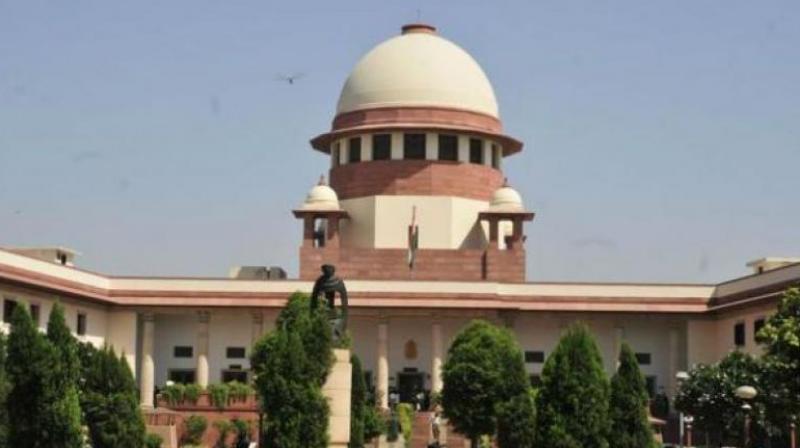2 MPs move Supreme Court against new law

New Delhi: The day the Centre notified the controversial Citizenship Amendment Act (CAB), 12 petitions were filed in Supreme Court on Friday challenging the constitutional validity of the law that grants citizenship based on religion.
Starting with Trinamul Lok Sabha member Mahua Moitra approaching Chief Justice S.A. Bobde’s court seeking an urgent hearing of her petition, the day saw 11 other petitioners including Congress MP Jairam Ramesh approaching the top court to challenge the law which is at the root of turmoil in Assam and other northeast states. There were petitions by former high Commissioner Deb Mukherjee, UP-based Peace Party, Rihai Manch, Citizens against Hate, Mr Ehtesham Hashmi, Mr Pradyot Deb Barman, Jan Adhikaar Party, advocate M.L. Sharma and students from Symbiosis Law School. All Assam Students Union also moved the court contending that Sections 2, 3, 5 and 6 of the CAB are unconstitutional. Petition by Assam Assembly Leader of Opposition Debabrata Saikia says the amended law violates the Assam Accord.
Brazen attack on human rights: Ramesh
Mr Saikia has been joined by member of parliament Abdul Khaleque and Rupjyoti Kumar.
In essence the basic contention in all the petitions is that the amended law provides religion-based citizenship was the negation of not only secularism which is a part of the preamble of the constitution but also liberal ethos, equality and justice.
The PIL by the Rihai Manch, Citizens against Hate says that religion-based classification is constitutionally immoral and antithetical to the idea of Republic of India.
Jairam Ramesh in his PIL has contended that the amended citizenship law was a “brazen attack on the core fundamental rights envisaged under the Constitution” (and) exfacie violates the fundamental guarantees under Article 14 as also Article 21 of the Constitution.”
He has further contended that the citizenship law was enacted “disregarding the Report of the Joint Parliamentary Committee dated 07.01.2019 as also the terms of the Accord between AASU, AAGSP and the Central Government on the Foreign National Issue signed on 15.08.1985 (Assam Accord).”
The law under challenge, Ramesh says creates two classifications on “basis of religion” and on the “basis of geography”, and both the classifications are “completely unreasonable” and share “no rational nexus” to the object of the amended laws — to provide “shelter, safety and citizenship to communities who in their native country are facing persecution on grounds of religion.”

